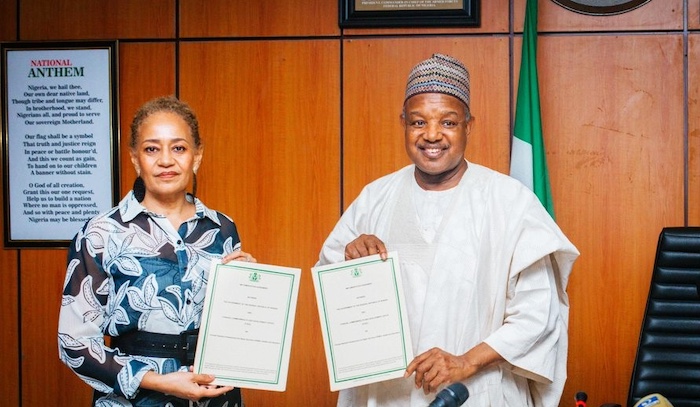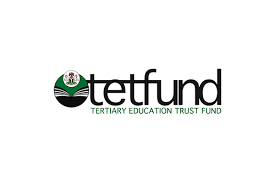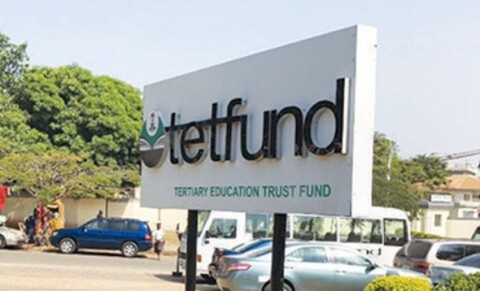In a major move to enhance cooperation, the Nigerian federal government has signed eight significant partnership agreements with the United Kingdom. Valued at about N589 billion (£272.6 million), these agreements aim to improve various sectors, including governance, climate change, education, health, and the economy.
The agreements were officially signed in Abuja by Nigeria’s Minister of Budget and Economic Planning, Senator Abubakar Bagudu, and the UK Charge d’Affaires, Ms. Cynthia Rowe. Bagudu expressed his gratitude for the UK’s support, noting the importance of these agreements in the face of global economic challenges. He acknowledged that economic difficulties are affecting countries worldwide, including Nigeria and the UK.
Bagudu praised the UK’s commitment to helping other nations despite its own economic issues. He pointed out that many of the agreements address global concerns such as health, climate change, and governance. He noted that the COVID-19 pandemic highlighted our shared vulnerabilities and that problems in one country can impact others through migration and conflict.
The minister also discussed the recent economic reforms under President Bola Tinubu’s administration. Although these reforms have caused some discomfort, they are part of the Renewed Hope agenda. This agenda aims to attract both local and foreign investments crucial for Nigeria’s economic recovery and growth.
Ms. Cynthia Rowe expressed sympathy for Nigeria regarding the recent floods affecting several states. She praised Nigeria’s long-standing partnership with the UK and acknowledged the Ministry of Budget and Economic Planning for strengthening this relationship. Rowe highlighted that the new agreements build on over £1 billion previously invested in Nigeria to improve health, education, and governance.
The Foreign and Commonwealth Development Office (FCDO) has played a key role in Nigeria’s development, focusing on human development, the Lake Chad Basin conflict, and economic transformation. The FCDO’s objectives for the new agreements include ensuring reliable investments, empowering women and girls, providing support during crises, and promoting sustainable economic growth.
Among the new agreements is the Human Assistance and Resilience Program (HARP), with a three-year budget of N324 billion (£150 million). This program aims to continue the success of the “Force for Good Agenda” by providing essential aid in Northeast Nigeria. Another major initiative is the Nigeria Governance and Climate Change Programme (NGCP), with a budget of N84 billion (£83.8 million). This program focuses on addressing climate and governance issues, increasing state revenues, and improving election processes.
Other agreements include the Strengthening Peace and Resilience in Nigeria (SPRING) program, which aims to boost peace and climate resilience in Northern Nigeria with a budget of N82 billion (£38 million). Additional projects include the Equipment Support for Health Training Institutions (ESHTI), Climate Resilient Infrastructure for Basic Services (CRIBS), Building Resilience in Nigeria’s Nutrition Stockpile (BRINNS), and Strengthening Humanitarian Access in Nigeria (SHAN), all focusing on health, infrastructure, nutrition, and humanitarian aid.
The Manufacture Africa agreement, with a budget of N151 billion (£70 million), aims to drive economic transformation across Africa and create job opportunities through technical assistance.
This extensive collaboration between Nigeria and the UK represents a significant step towards addressing immediate needs and long-term development goals, reflecting a strong commitment to mutual growth and resilience.





